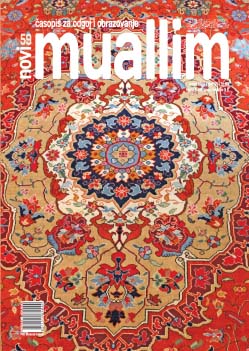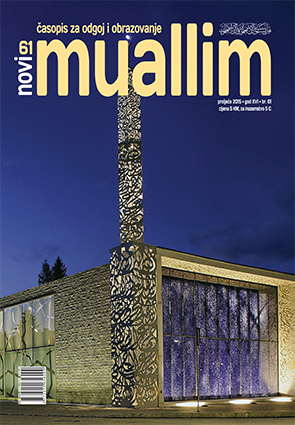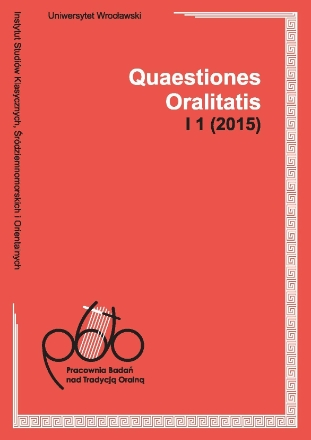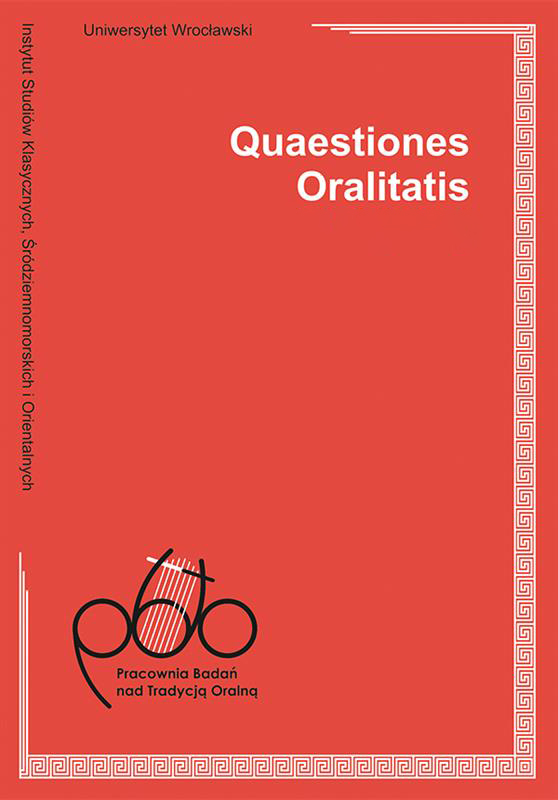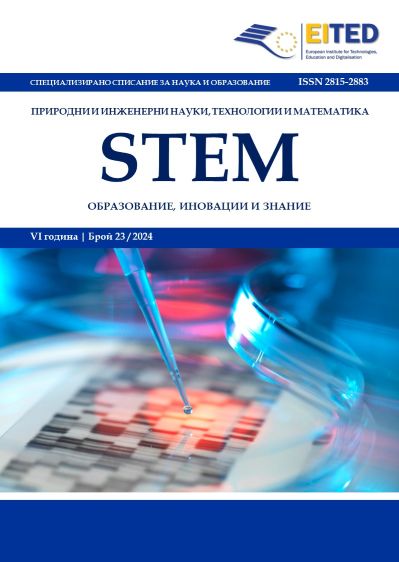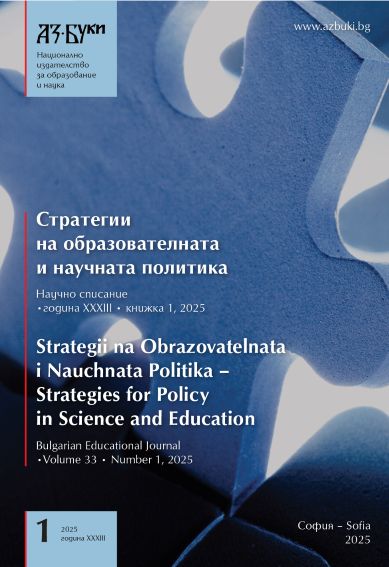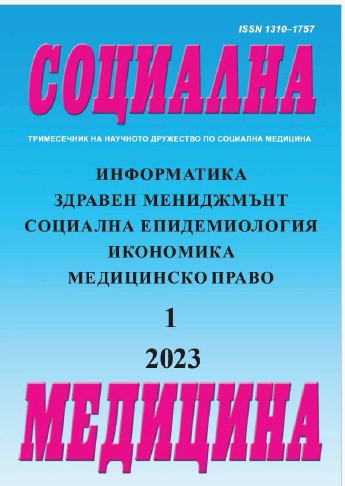Author(s): Galina Petrova / Language(s): Bulgarian
Issue: 1/2023
Д-р Недялка Василева (1900-1983) е трайно свързана с детското здравеопазване. Още от студентка тя се ориентира към превантивната медицина. Нейната дипломна работа на тема: „Бъдещата дейност на сестрите посетителки в България“ е доказателство за привързаността ѝ към профилактиката. Цел: Да се проучи живота, делото и приноса на Д-р Недялка Wасилева Головина за детското здравеопазване в град Варна. Методи: историческо-документален. Проучени са документи от архивни фондове на Държавен архив (ДА) - Варна и публикации в периодичния печат. Резултати: Д-р Недялка Василева е една от четирите новозавършили лекарки през 1924г., определени от Дирекция народно здраве (ДНЗ) да оглавят диспансери за борба с детската смъртност и туберкулозата. Тя преминава специализирано обучение в противотуберкулозния диспансер в София, детската клиника на Александровска болница, в ДНЗ – за подготовка по администрация. Диспансери не се откриват, но получената кавалификация е добра основа за работата ѝ в новооткритите детски здравно-съвещателни станции първо в София, а от 1927 до 1958 г. тя всеотдайно служи на децата във Варна. Нейният пример се изразява в дълготрайното ръководство на здравно-съвещателните станции, желан консултант на майките и разпространител на здравни знания сред гражданите чрез лични контакти, публикации в печата, радиопредавания, изложби. Тя е първи организатор на плаж за децата от детските здравно-съвещателни станции в продължение на 15 години. Заключение: Името на д-р Недялка Василева-Головина остава записано в историята на здравеопазването като изключителен пропагандатор, организатор и учител в създаване на нова култура за съвременни здравни грижи за новородени и деца в широки слоеве от варненското гражданство.Introduction: Dr. Nedyalka Vassileva (1900 - 1983) is permanently connected to the child health care. Ever since she was a student, she has been geared up to the preventive medicine. Her diploma thesis on the subject: „The Future Activity of Visiting Nurses in Bulgaria” is a prove of her devotion to the preventive care. Aim: To study the life, the achievements and the contribution of Dr. Nedyalka Vassileva-Golovina to the child health care in the city of Varna. Methods: historical-documentary. Documents from the archival funds of the State Archives in Varna and periodic publications have been examined. Results: Dr. Nedyalka Vassileva is one of the four doctors, newly graduated in 1924, who were determined by the Public Healthcare Directorate to take the lead of dispensaries for the prevention of child mortality and tuberculosis. She has undergone specialized training and study at the Anti-tuberculosis Dispensary in Sofia, at the Children’s Clinic of Aleksandrovska Hospital, at the Public Healthcare Directorate – for training in administration. These dispensaries have not been opened, however, the gained qualification was a good foundation for her work at the newly opened child health advisory stations, firstly in Sofia, and then, from 1927 to 1958, in Varna, where she worked with heart for the children. The example set by her finds expression in the long-term management of the health advisory stations, the consultancy desired and preferred by the mothers and the dissemination of health knowledge among the population through personal contacts, publications in the press, radio broadcasts, and exhibitions. She first promoted a beach for the children from the child health advisory stations which functioned for 15 years. Conclusion: The name of Dr. Nedyalka Vassileva-Golovina will stay in the history of public health as an outstanding propagandist, organizer and teacher creating new culture for contemporary health care for newborn infants and children of Varna.
More...
